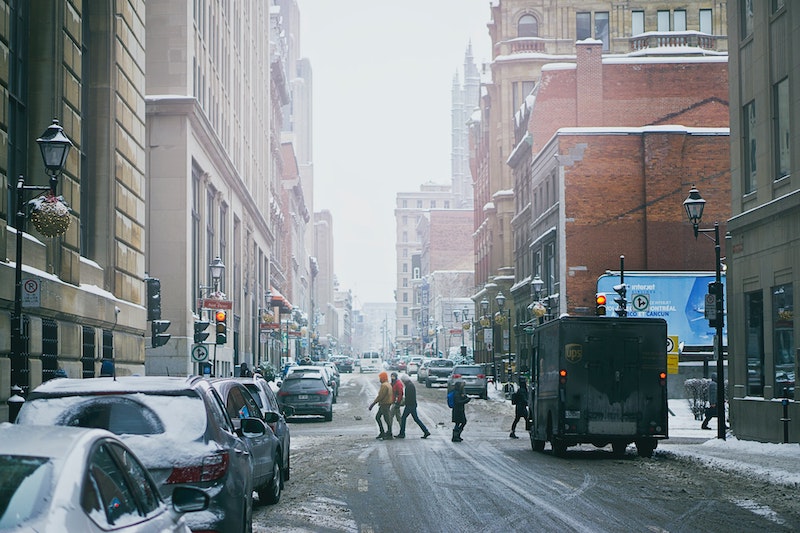More Attention Needed for Homeless Indigenous People in Montreal

The state of Indigenous homelessness in Montreal is alarming. The Homeless Hub Canada reported that in 2018, there were more than 3,000 homeless individuals, a figure that has risen drastically since the pandemic. Of these individuals, an indigenous person is 27 times more likely to be homeless than a non-indigenous person, and an Inuk person is 80 times more likely. Despite Indigenous individuals expressing a desire to receive services, they usually do not get the care they deserve under the shelter system. There have also been reports of two deaths in the Milton Park area of Montreal during the harsh Canadian winter where temperatures hit -20 degrees Fahrenheit annually. Raphael Indre was a regular client of the Open Door Shelter and passed away in a public bathroom while the shelter had to close due to a COVID-19 outbreak in January 2021. Furthermore, during the pandemic, despite the lack of adequate shelter, the curfew did not exempt homeless indigenous people in Montreal and they received a $1,550 ticket for being outside.
A Background on Homeless Indigenous People in Montreal
When looking at the reasons for the high level of indigenous homeless people in Montreal, it is important to consider Canada’s colonialist history. In a 2020 policy report, The Homeless Hub Canada discussed the need to recall that colonial projects have prevented Indigenous people from accessing traditional land and resources. The Indian Act of 1876 allowed the Canadian government to control resources on reserves and subsequently displaced thousands of Indigenous people putting them in difficult financial situations. The act also stopped Indigenous people from being able to self-govern, hence, giving the Canadian Government power to veto any decisions.
Additionally, Indigenous children had to go to “residential schools” which the Canadian government established to indoctrinate Indigenous children into the Euro-Canadian ways of thinking. In addition to a large amount of abuse taking place in these schools, the students also did not receive the same education as the general public which discouraged them from pursuing higher education. This system largely contributed to the high levels of Indigenous homelessness seen today
Indigenous people in Canada, particularly in Montreal, struggle to access housing due to extreme housing discrimination. A 2020 study found that despite some Indigenous families having the right to certain supports, they still experience “discrimination in the provision of services, resulting in barriers to access.”
Steps in the Right Direction
The situation has incited organizations around Québec as well as the Canadian government to take steps to improve Indigenous housing and reduce homelessness. In 2019, the government passed Canada’s National Housing Strategy Act recognizing that “the right to adequate housing is a fundamental human right affirmed in international law.” Additionally, Montreal created a “Strategy for Reconciliation with Indigenous Peoples,” which commits the city to support Indigenous social housing initiatives led by Indigenous organizations. Moreover, the city also approved a funding agreement of $1.7 million to help build 23 temporary housing units for homeless Indigenous women.
NGO organizations such as Native Montreal and Projets Autochones du Québec are also making significant progress in reducing Indigenous homelessness. Native Montreal originated in 2014 to “contribute to the holistic health, cultural strength and success of Indigenous families,” and their focus is not just homeless populations; they provide wellness programs for both families and youth and have raised more than $6 million over the years.
Projets Autochones du Québec (PAQ) started in 2004 as a social reinsertion program for First Nation, Inuit and Metis people experiencing homelessness in Montreal. During the pandemic, due to reduced capacities in shelters, PAQ opened a second temporary emergency shelter with limited admission restrictions for Indigenous people. Additionally, it provides psychological support, alcohol addiction treatment programs and transitional housing programs to help with financial literacy.
The state of indigenous homelessness in Montreal is grave, but with the help of indigenous-led charities and government support, one can hope for progress.
– Priya Maiti
Photo: Flickr
